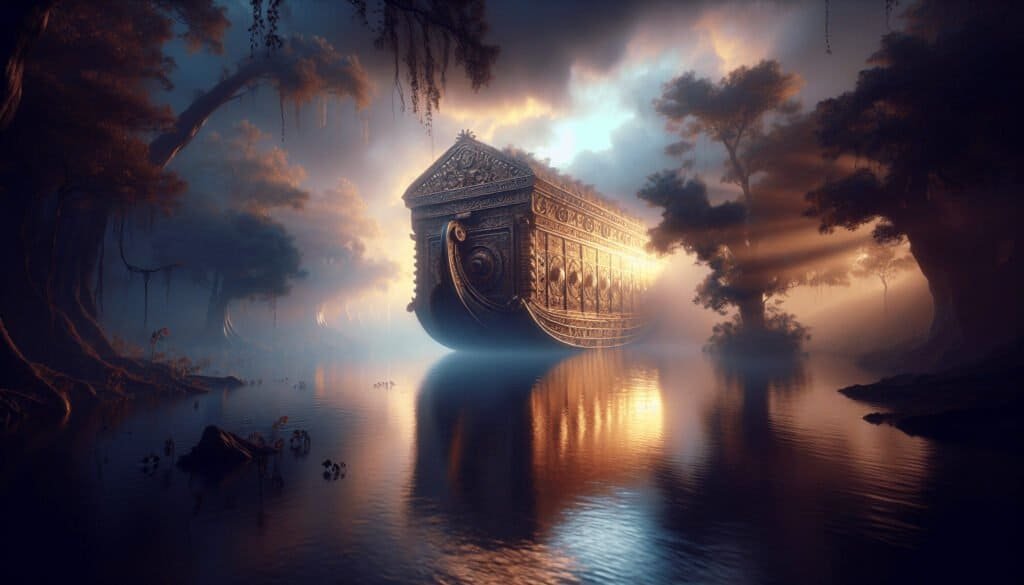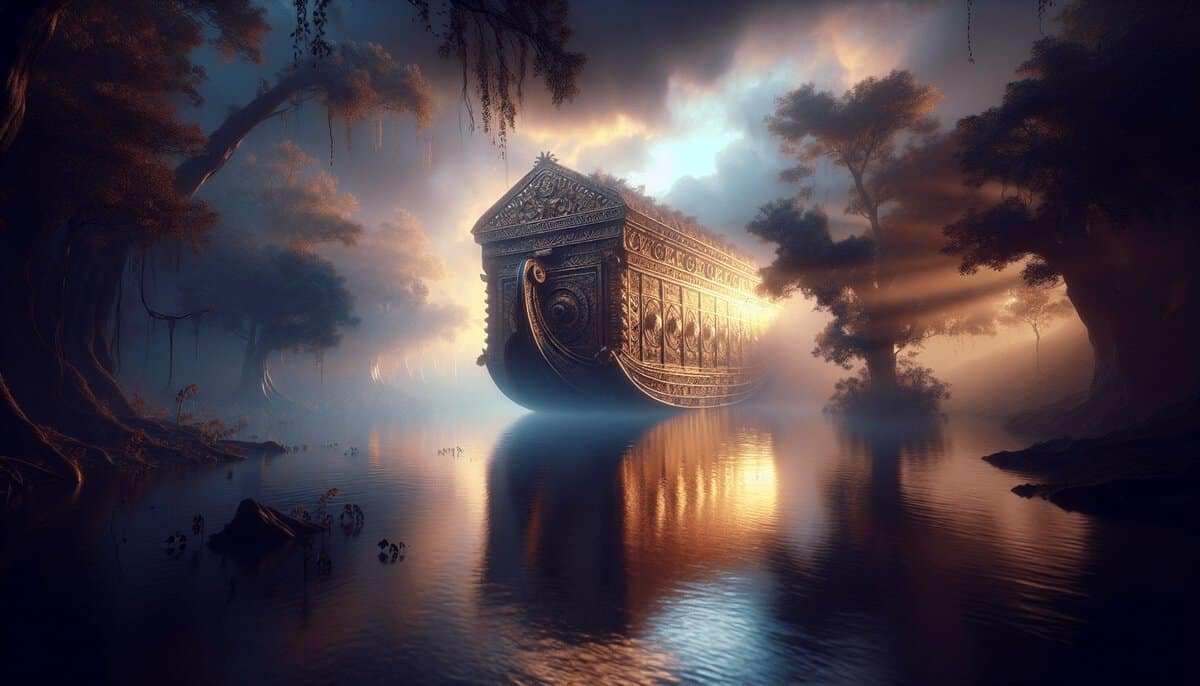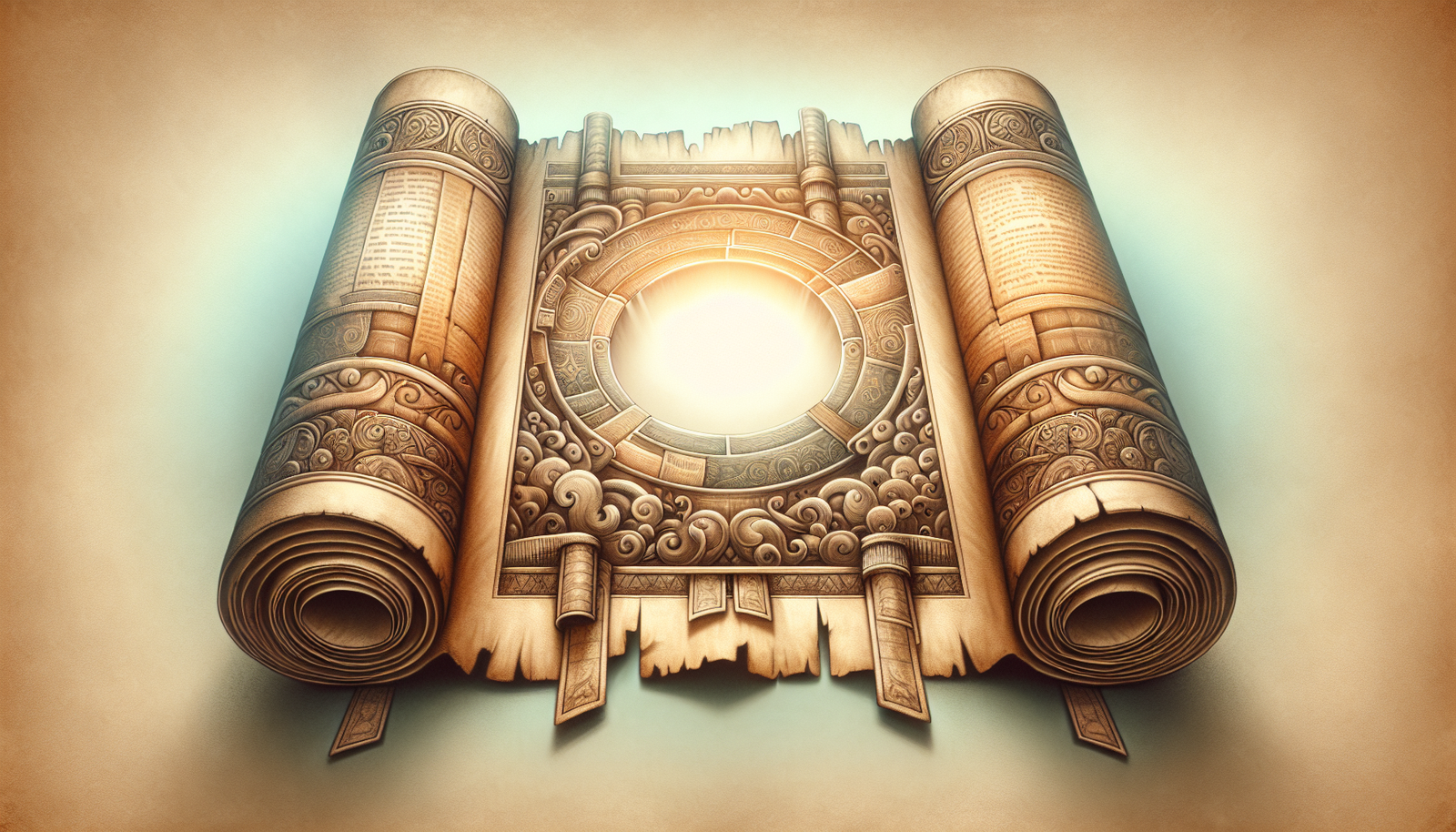What do you think it would be like to possess a treasure said to hold the very power of God? Such is the allure of the Ark of the Covenant—a relic shrouded in mystery, desire, and history. If you’ve ever pondered the fate of this sacred artifact, you’re not alone. The narrative around the Ark isn’t just a tale of gold and glory; it speaks to the human heart’s yearning for connection, heritage, and divine presence.
The Ark of the Covenant: A Brief Overview
To grasp the importance of the Ark, let’s travel back to its origins in the Hebrew Bible. Built upon divine instruction, the Ark served as a physical representation of God’s covenant with the Israelites. It housed the stone tablets inscribed with the Ten Commandments, along with other sacred items. Imagine the reverence this artifact evoked among those who witnessed it!
Historical Significance
The Ark wasn’t just a pretty box; it was central to the identity of Israel as a people chosen by God. The moment it was constructed, it became a focal point of worship, serving as a visible sign of the divine presence. So, you might wonder—what happened to this iconic piece of history?
The Exodus and the Ark’s Journey
The tale of the Ark is inextricably linked to the story of the Exodus. As the Israelites wandered the desert, the Ark accompanied them, guiding and protecting them. Ever thought about the symbolism here? Just as the Ark guided the Israelites, it serves as a metaphor for spiritual direction in our own lives.
Rediscovery: From Wandering to Worship
Though the Ark often lay hidden, it appeared in various places throughout biblical accounts—from the Siege of Jericho to King David’s capture of it. This mobility speaks to the heart of its purpose: it was meant to dwell among the people.
- Capture by the Philistines: It wasn’t all smooth sailing. In a dramatic twist, the Philistines captured the Ark, leading to consequences they didn’t foresee. Their possession brought ruin, affirming the Ark’s divine significance.
- Return to Israel: After its return, the Ark sanctified the land, signifying that the presence of God had again come home.
Now, if that doesn’t evoke a sense of longing, what does?

Theological Implications of the Ark
Theologically, the Ark holds profound meaning. It represents covenant, presence, and ultimately, reconciliation. When considering spirituality, understanding the Ark’s role can bring clarity into how we interact with divine concepts in our own lives.
Divine Presence and Human Connection
Engaging with the Ark’s story invokes a desire for closeness with the holy—an echo of our own yearning for connection. The Ark was more than a container; it housed God’s promises to his people. So, can we view our own relationships with faith and the divine in a similar light?
The Ark’s Disappearance: Myths and Theories
Alas, the Ark eventually vanished from historical prominence. This disappearance has given rise to numerous myths and theories, each laden with their own imaginative twists. Have you ever speculated about where it might be hiding?
Theories Behind Its Fate
- Buried in Jerusalem: One theory proposes that the Ark lies buried beneath the Temple Mount—an area rich in historical tensions and religious significance.
- Hidden in Ethiopia: Another intriguing possibility comes from a tradition claiming the Ark is safeguarded in the Church of St. Mary of Zion in Ethiopia. This assertion remains contentious but tantalizing, doesn’t it?
- Lost to Time: The simplest and perhaps the most unsettling possibility: the Ark may have been lost to time, disappearing from our collective memory and history altogether.
These conjectures make for great conversation starters, don’t they?

Archaeological Findings and Their Importance
Given the many theories surrounding the Ark, several archaeological undertakings have sought to unveil the truth behind its history. Let’s explore some of the most notable findings.
The Temple Mount Excavations
Archaeological efforts in Jerusalem have primarily focused on the Temple Mount. Here, numerous artifacts linked to the ancient Israelites have emerged. Among these, some scholars speculate that evidence could eventually lead us to the Ark.
- Evidence of Ritual Practices: Artifacts point towards ritual practices that align with how the Ark would have been utilized in ancient times.
- Jericho’s Walls: Archaeological digs at Jericho have unearthed remnants of walls that seem to corroborate biblical accounts of the Ark leading the Israelites into battle.
These findings lead to more questions, adding fuel to an already fiery debate.
The Cultural Quest for the Ark
What’s compelling is how the Ark continues to influence modern culture. From movies to literature, it serves as a symbol of mystery and adventure. Have you noticed this resurgence in storytelling around sacred relics?
Popular Culture References
If you’ve ever watched “Raiders of the Lost Ark,” you know how powerful the Ark is in popular imagination.
- Film & Literature: Its representation as a treasure, sought by adventurers, entwines the sacred with the secular, showcasing humanity’s perennial quest for meaning.
- Connecting with the Past: This trend is more than entertainment; it’s a way to connect with our history and ponder deeper questions about faith and identity.
The Ark’s Theological Message Today
As we grapple with the existence of the Ark in contemporary discussions, its core message hasn’t lost relevance. The quest for the Ark symbolizes a quest for connection and understanding—a reflection of humanity’s continued yearning for something eternal.
Engaging with Spirituality
Have you ever felt an urge to search for something deeper? This punctuates a crucial aspect of spirituality—the need to reach beyond the mundane.
- The Pull Towards the Sacred: Just as the Ark’s presence assured the Israelites of divine guidance, many people today seek similar assurances in their faith journeys.
- A Call to Remember: The Ark invites you to confront your own beliefs, rituals, and the sacredness of life’s moments, urging you to define what the divine means to you.
Closing Thoughts: Reflecting on Exiled Hearts
The Ark of the Covenant represents more than just an ancient artifact; it embodies a quest that resonates deeply with the human experience. As you ponder its legacy and explore the various narratives surrounding it, consider how they reflect your own life’s journey.
A Lasting Legacy
Ultimately, whether you believe the Ark still rests hidden in a distant land or that it has been lost forever, its symbolism encourages you to search for meaning, presence, and the divine in your own life.
So, as we close this chapter on the Ark’s golden return, think about your own exiled heart. What do you seek? What treasures lie within you, waiting to be uncovered? The quest might not end with finding the Ark, but perhaps it leads you to discover precious gems within your soul.



